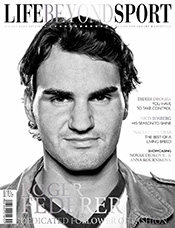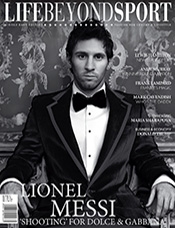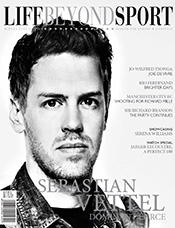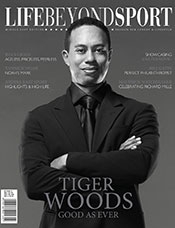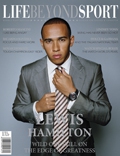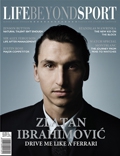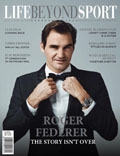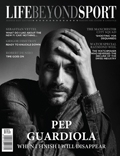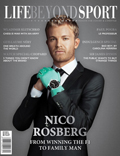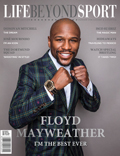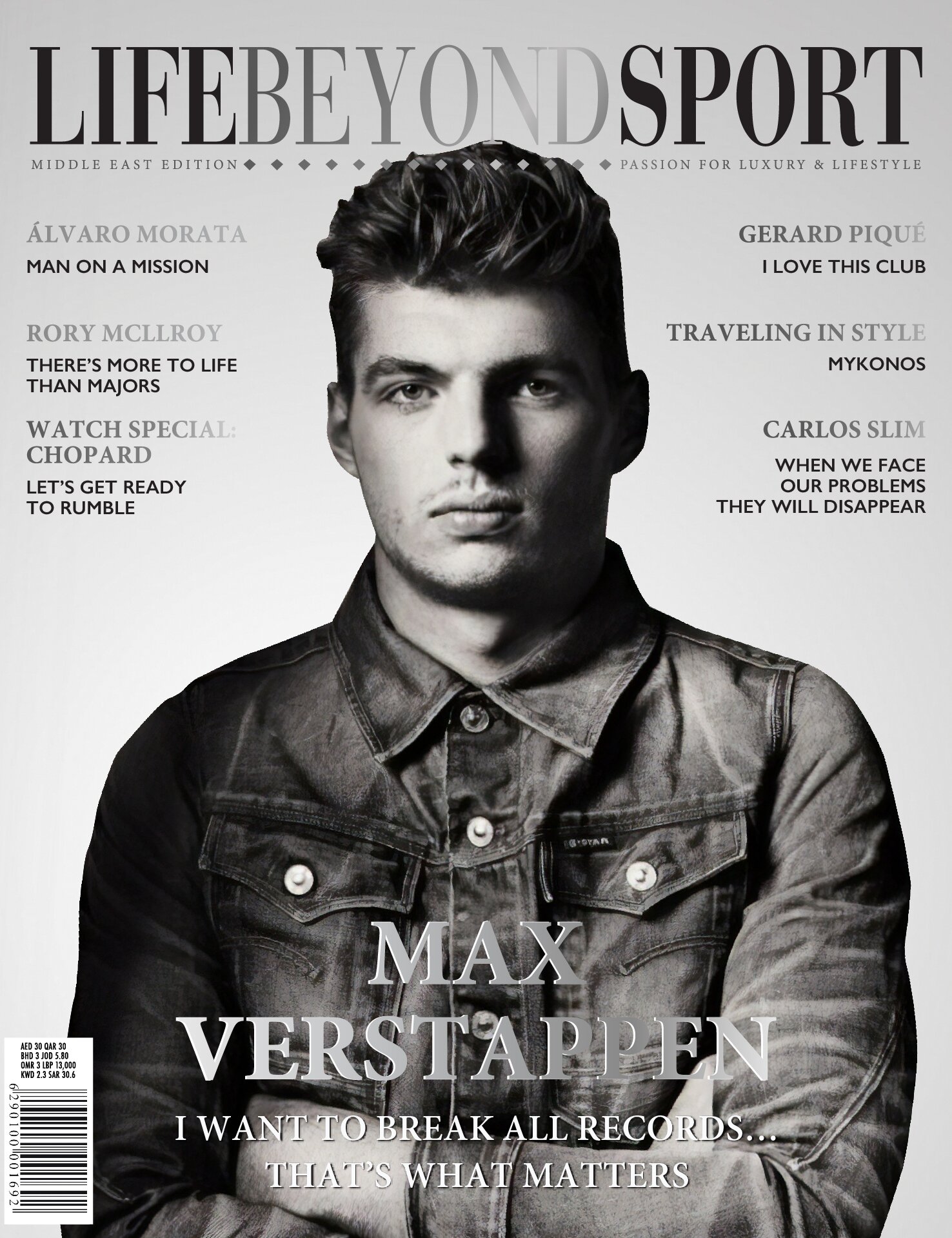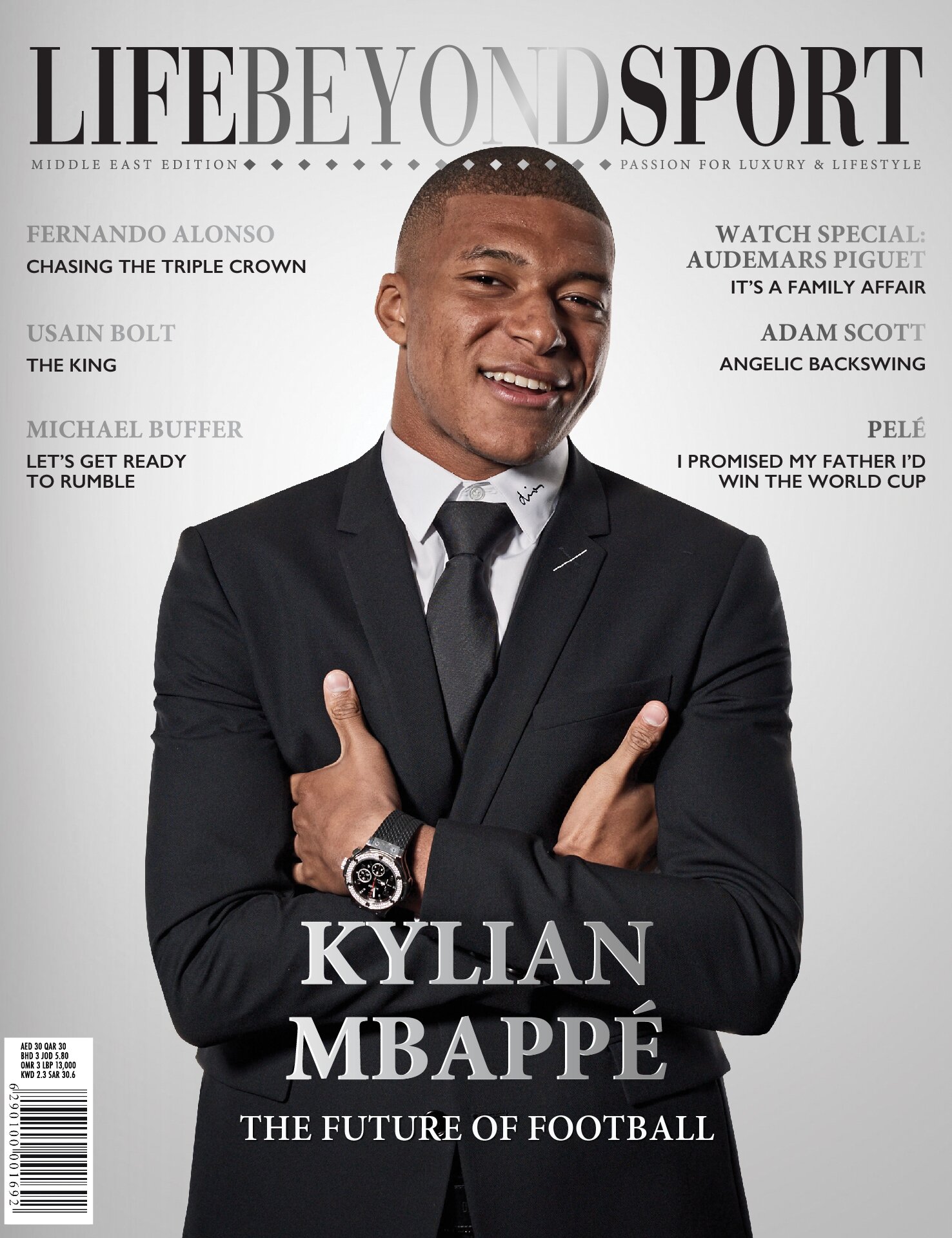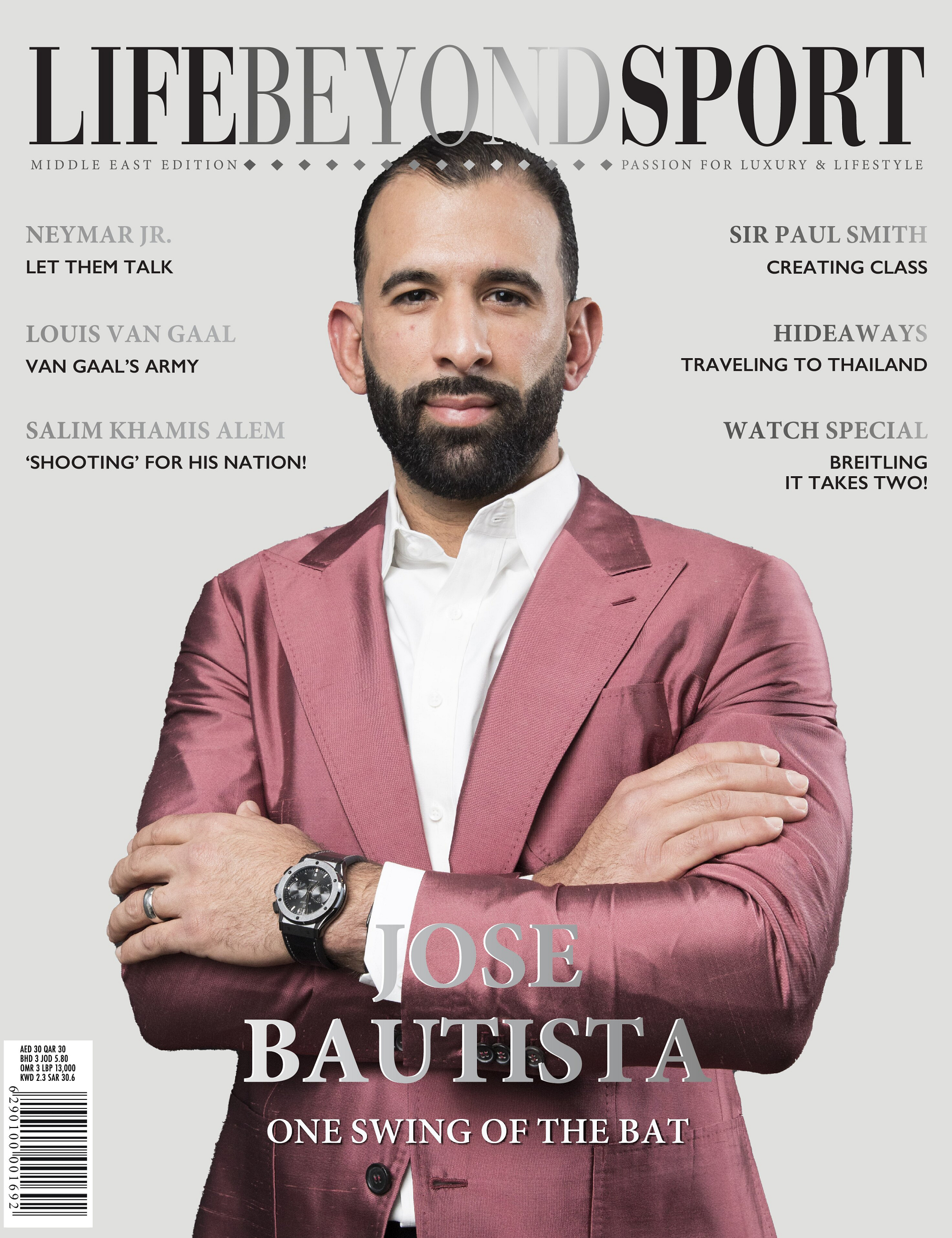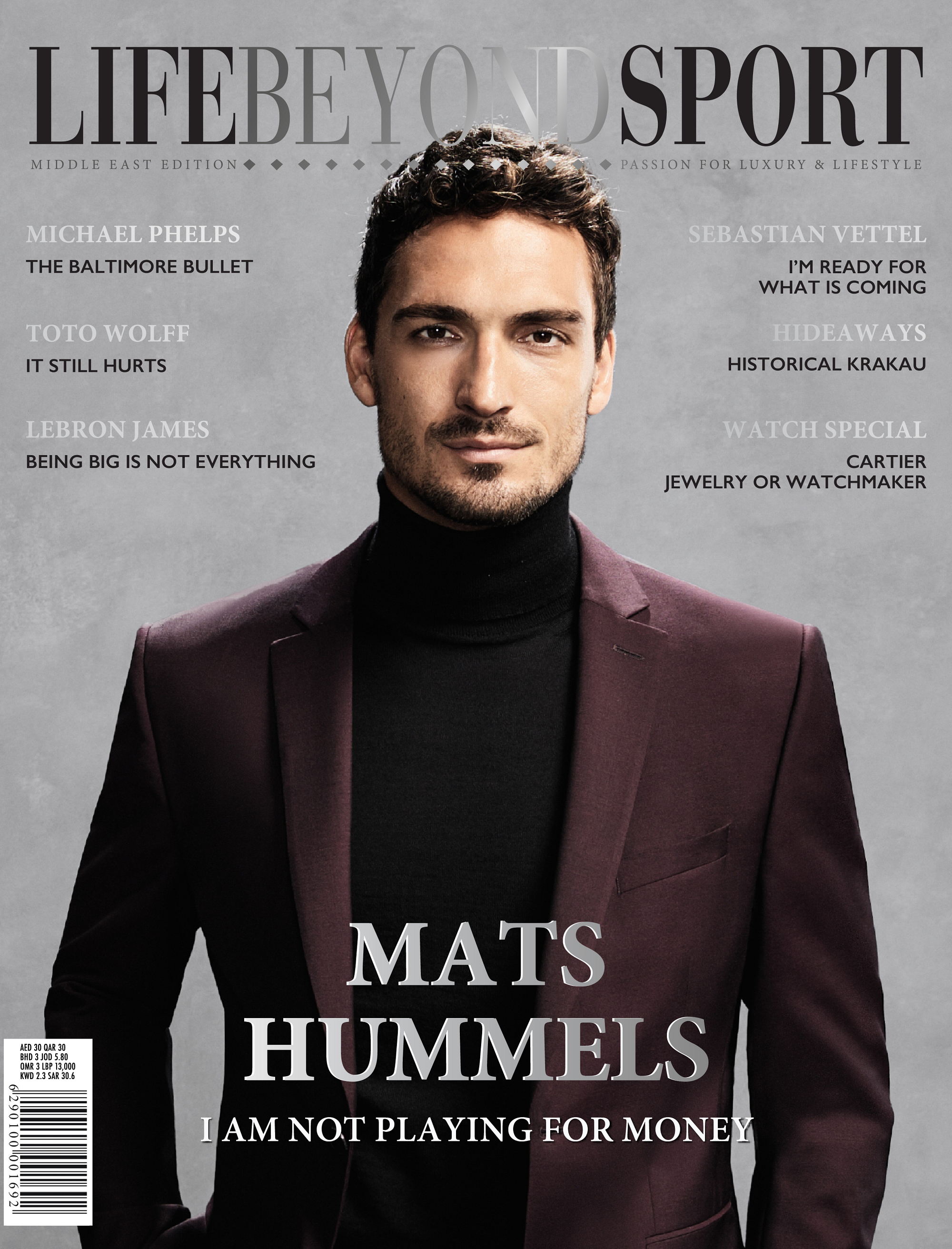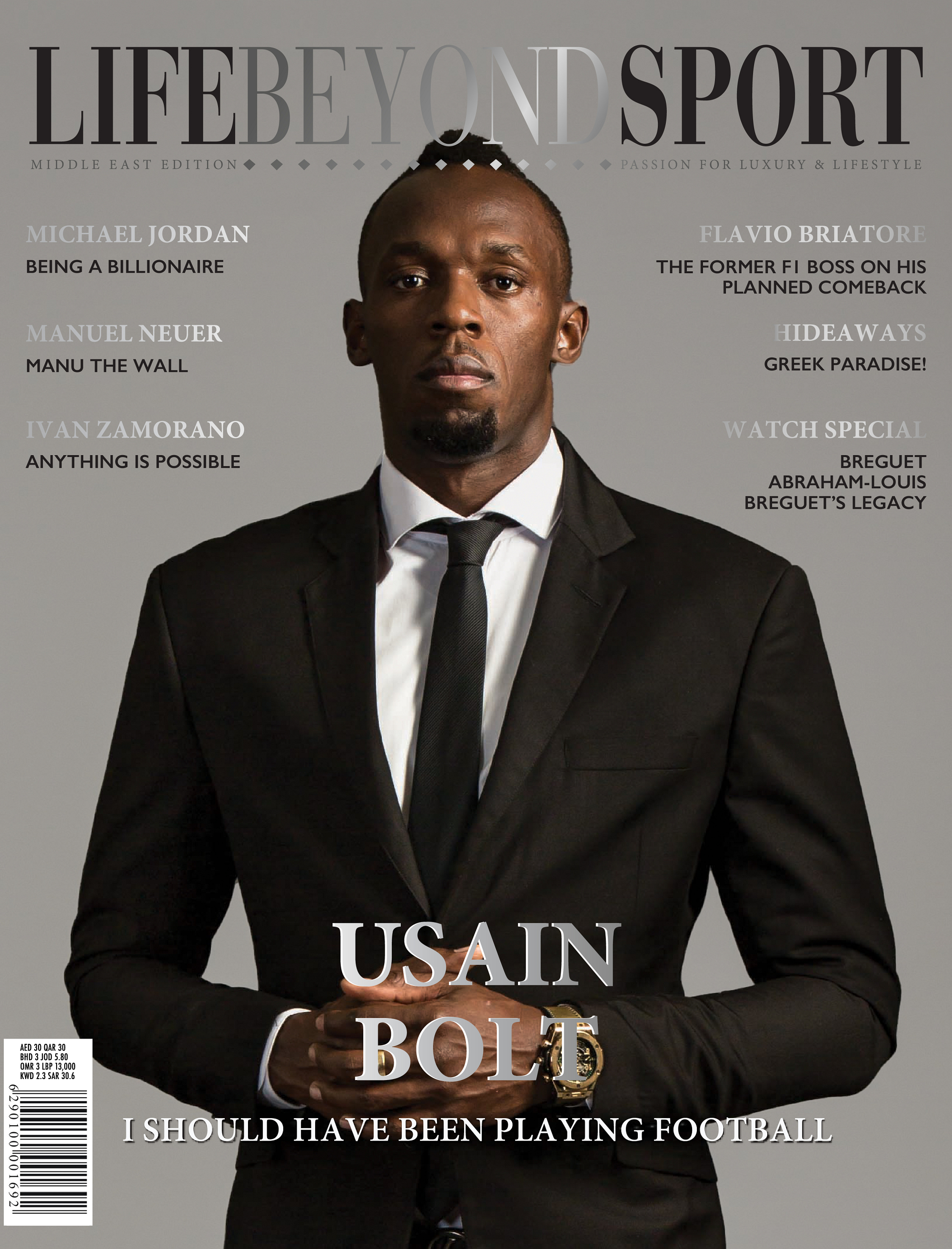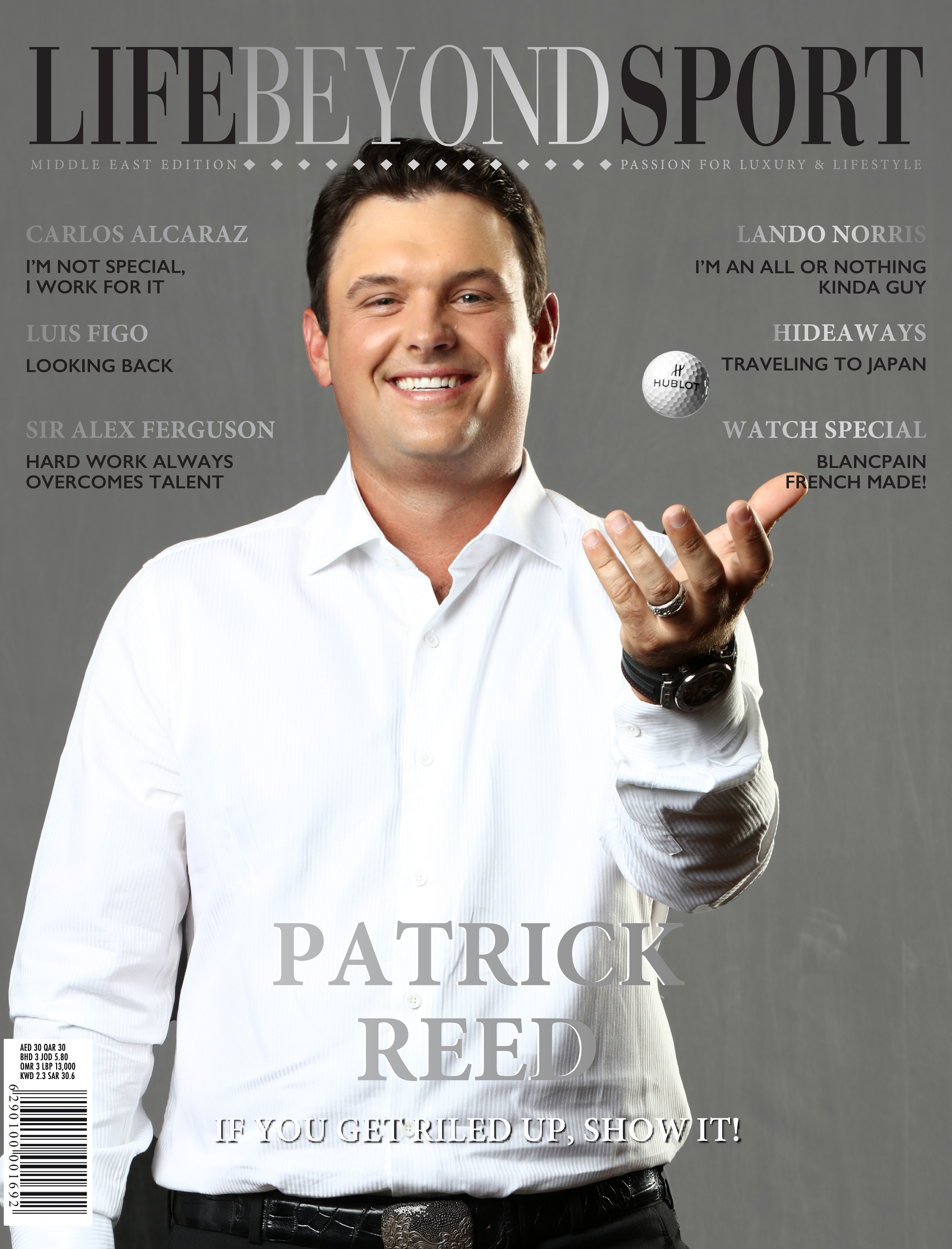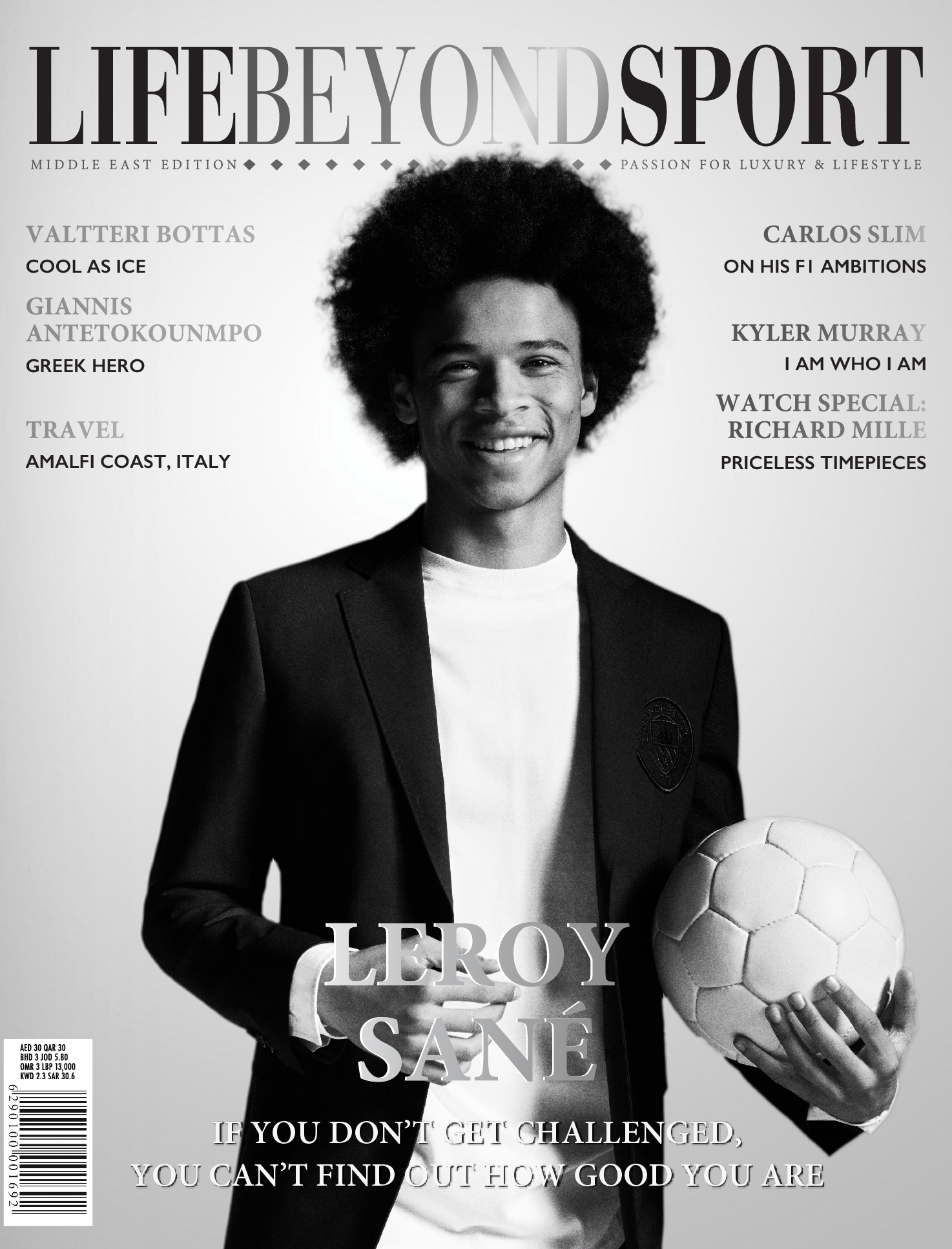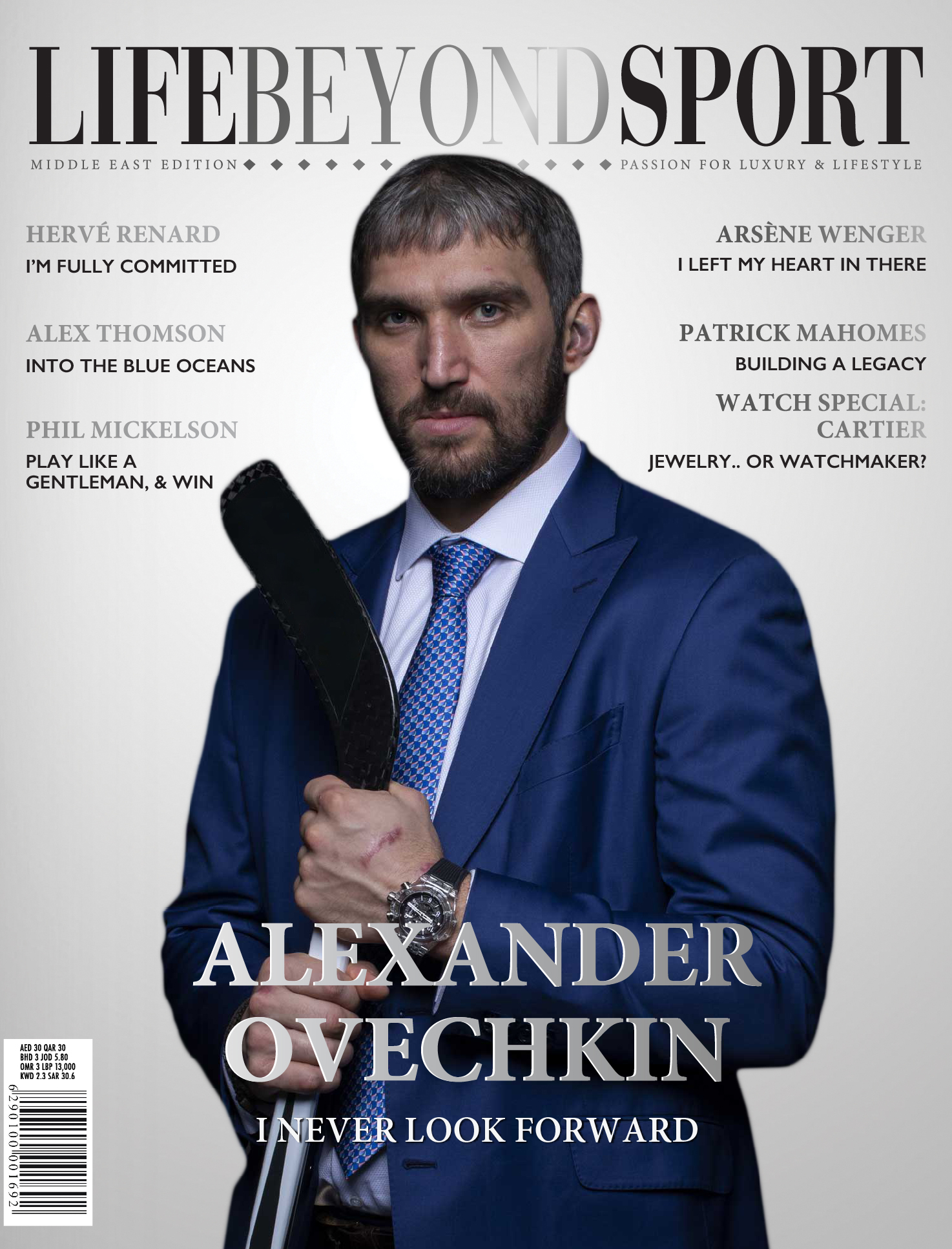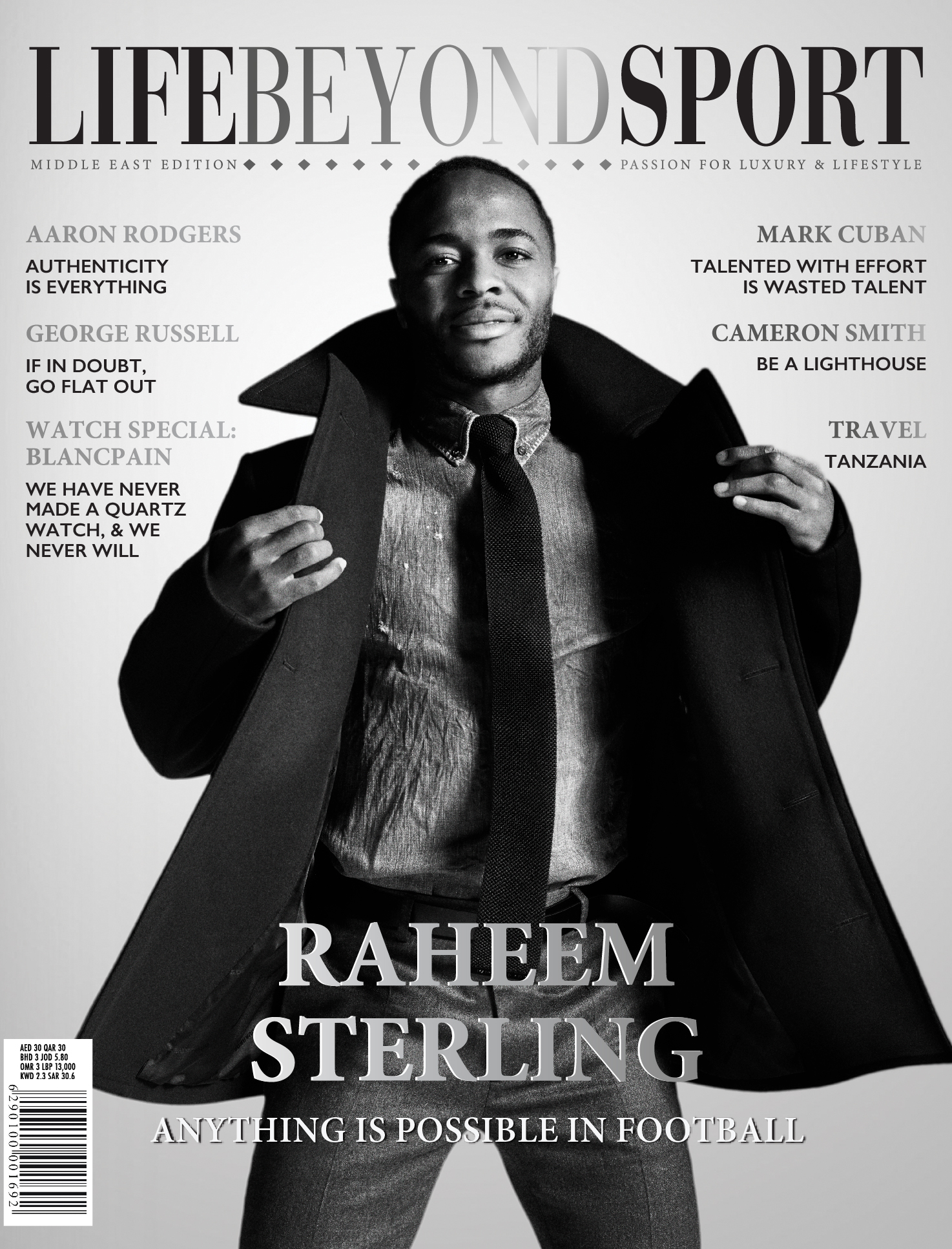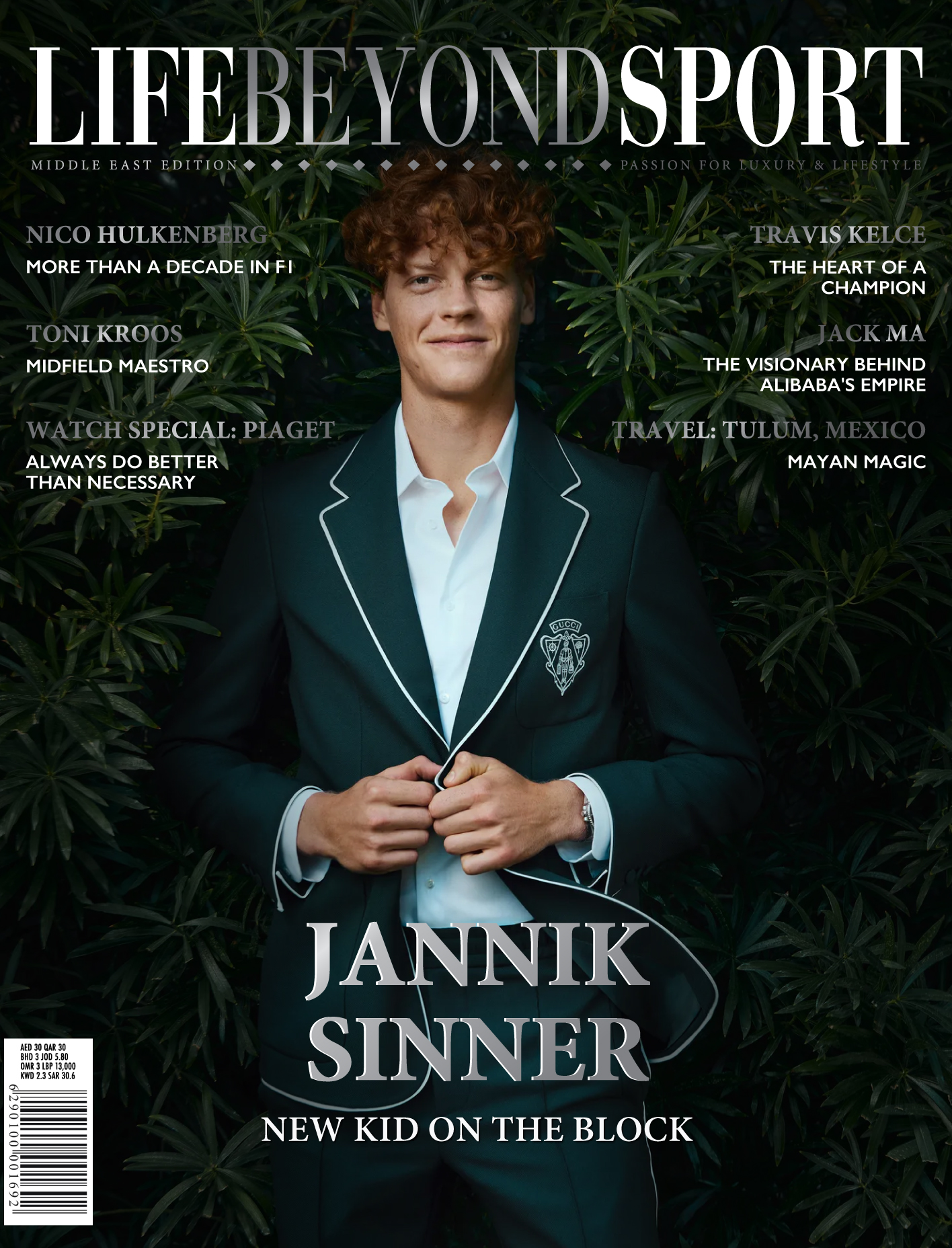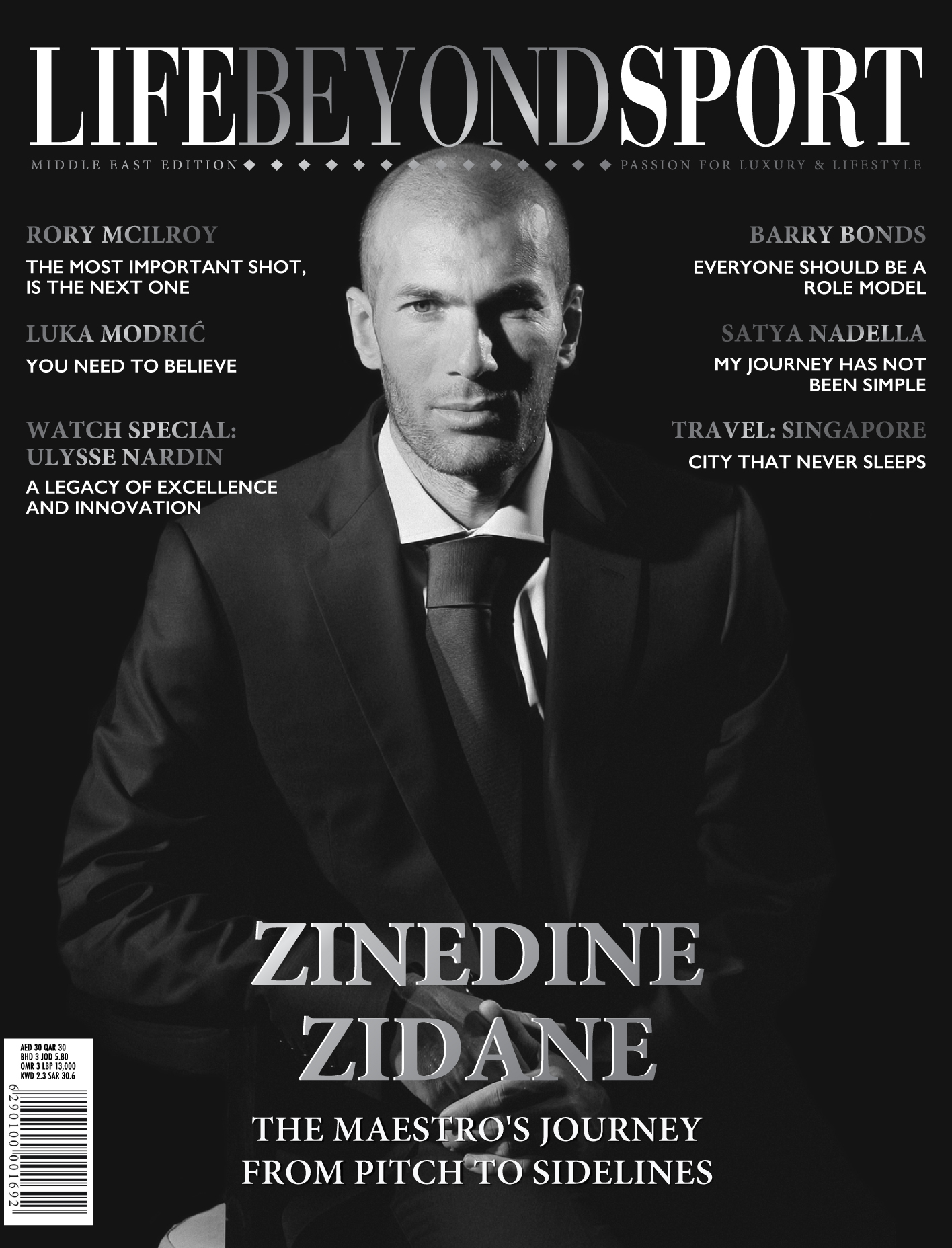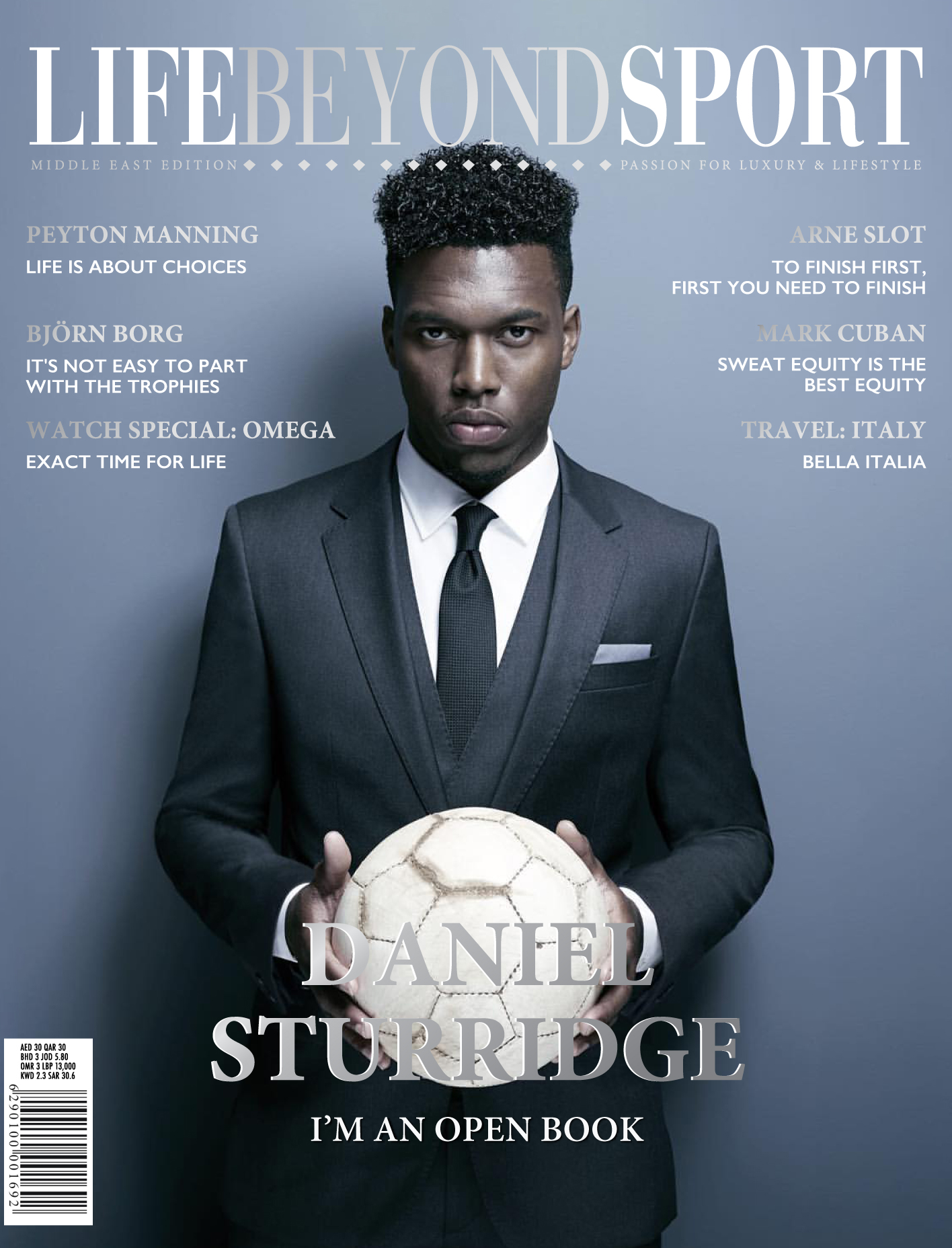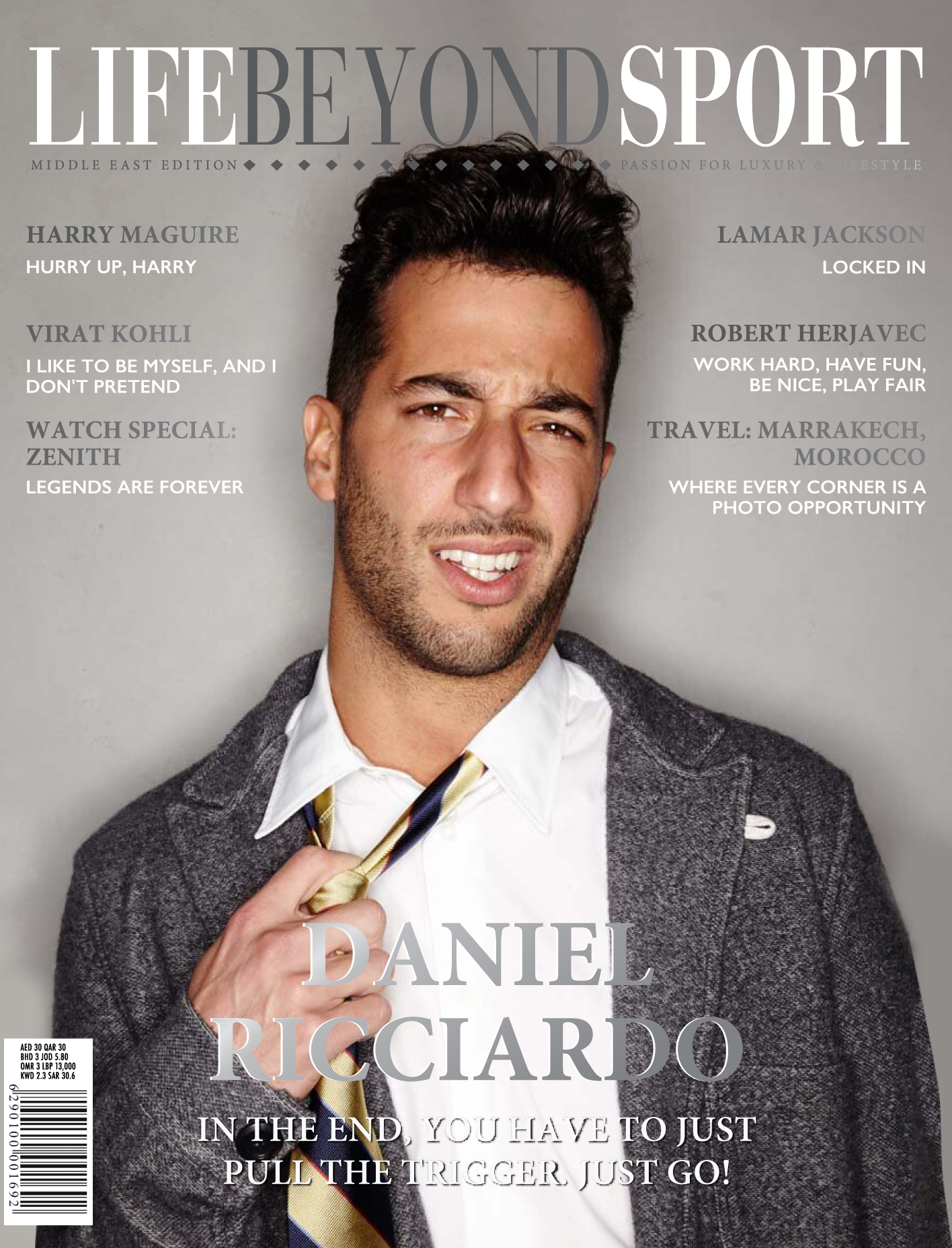UFC Warrior King Dana White on Creating a $4 Billion Fight Empire, Steroids in Sports, and What Fans Would Never Guess About Him
It’s amazing to think about it now, but it wasn’t all that long ago that the Ultimate Fighting Championship—the global MMA empire responsible for household names like Chuck Liddell, Conor McGregor, and Ronda Rousey—was something of an ugly back alley on the fringe of American sports.
In 2001 the league was not only deeply mired in debt but also facing stiff mainstream opposition. (See: “John McCain” and “human cockfighting.”) But the UFC’s new owners, Lorenzo and Frank Fertitta, the founders of Zuffa, the UFC’s parent company at the time, put the fate of the fighting organization in the hands of its new president, Dana White, a pugnacious former bouncer turned boxing trainer and manager who was born in Connecticut, had lived in Boston, and later decamped to Las Vegas at the youthful age of 26.
Under White’s stewardship, the UFC quickly gained momentum and, frankly, never stopped. White swiftly signed big-name fighters, often fighting with them publicly in the press. He then launched a reality show called The Ultimate Fighter on Spike TV, which is in its 24th season (now on Fox Sports 1). Ths show is credited with raising the visibility of the sport and in helping ink major deals, including one with Fox Sports Media Group for $100 million a year (for seven years) and another with Reebok for a reported $70 million; and, in one of the most indelible images of the sport—Dana White standing between two blood-hungry fighters at prefight press conferences—seemed to single-handedly bring MMA out of the shadows and onto prime-time SportsCenter.
On the subject of fighters, let’s get back to the UFC. I know that fighter pay in the UFC has been a little bit of a hot-button issue. Now with this infusion of energy, these big new partnerships, do you see the issue of fighter pay changing under the new regime as it goes even more global and is even more prominent?
No matter what happens, no matter how big the sport gets, fighter pay will always be an issue. Pay is always an issue. Everybody always feels they deserve more. Everybody always wants more. It’s always going to be an issue. The one thing that has happened since the day we bought the company, even the days when this thing was tanking and not making money, fighter pay has gone up every year. Believe me, the guys who deserve the money are the ones you don’t hear bitching about money.
 At what point in your career did you know that UFC was going to be huge?
At what point in your career did you know that UFC was going to be huge?
The first time that I ever sat in a live event and I started looking around and I started going, “Man, if they did this and if they did that, this thing could be big.” I believed in this thing from the first time I sat down and watched an event, before we ever owned it.
What’s the hardest decision you’ve had to make as a boss?
The toughest decision you ever have to make is letting somebody go. When you’re taking a job away from somebody and their family lives on that, in whatever town it might be, that’s always going to be the least fun.
What are your biggest pet peeves as a manager?
Number one? When I call my employees and they don’t answer their phone. You better answer your fucking phone. Number two: the people who come in at 8:59 a.m. and are out the door at 5:01 p.m.—you know, the absolute nine-to-fiver who wants the weekends off. Don’t get me wrong, you can’t have a business full of die-hard people who are going to be there 24/7, but it’s a pet peeve having somebody who works for you who isn’t into it and isn’t passionate about what they’re doing. They’re just there for a paycheck. People think I don’t notice, but I do.
If you were sitting down a young aspiring fighter, what’s the fighting style you’d tell him to master to excel in the UFC today?
Wrestling. The fact is, if you have a good wrestling base, you can pick up all the other things. Wrestlers traditionally do pretty well in the UFC.
Your confrontational management style gets a lot of attention. Do you think young guys can learn from it?
Funny enough, when I was younger, I was a thousand times more aggressive than I am now. When I see these guys, like Vince McMahon [of the WWE], who is 71 years old, and he’s still just an absolute animal, it’s superimpressive to me. I’m 47, man. I was obviously a lot more aggressive when I was younger and we were building the business. I think that’s normal. When companies are killing it and doing really well, you get a little fat and bloated.
You’ve obviously been very successful financially. Do you find that success and wealth have changed you?
I don’t think so. What I do was never about the money. I did it because I loved it. It was what I wanted to do for the rest of my life. I always wanted to be successful at it, but you never think you’re going to be wealthy from it. That just comes along with being happy and doing what you love. That’s why when this deal went down, everybody was wondering if I was going to leave. The answer is: No. Then professional skateboarder Rob Dyrdek called me a couple of weeks ago and he says, “I’ve got to know one thing, man.” He says, “How do you run the race every day when you already won the race? How do you get up in the morning, strap your shoes on, and go to work? I’m so baffled by that.” This is what I love to do. The number that’s in your bank account doesn’t change the fact that you love what you do. People always talk about “fuck you” money. If you’re looking for “fuck you” money, you need to find a new job because you’re not doing what you love to do.
How do you keep fit these days? Do you still fight?
We have a gym down in the basement of our office building. Five days a week—I take Saturday and Sunday off—I go down there. I usually start on the treadmill. I’ll warm up and do a mile on the treadmill. Then I usually hit the mitts for two to three rounds. I’m trying to get a little bit of jump rope back in my life. I started jump roping a couple of weeks ago again. Then I do the regular chest, shoulders and triceps, back, thighs, and legs. I usually do chest, shoulders, and triceps on Monday and back, thighs, and legs on Tuesday. Wednesday is an all-cardio day, and then I repeat Thursday and Friday.
We know you’re keeping in good shape because we always see the videos of you breaking up those fighters at the press conferences.
It’s getting tougher to do now. Especially as I get older. I’m getting older and slower, and these guys are getting younger and quicker.
You’re very much in the mix as this public face of the organization. I’m curious, how do the fans engage with you when they see you? Do they high-five you? Are they afraid of you?
When I’m out in public, everybody is pretty cool. For example, I’ll take my kids to Disneyland, and all day through the park, people are yelling, “Dana White! Dana White!” It’s always cool, man.
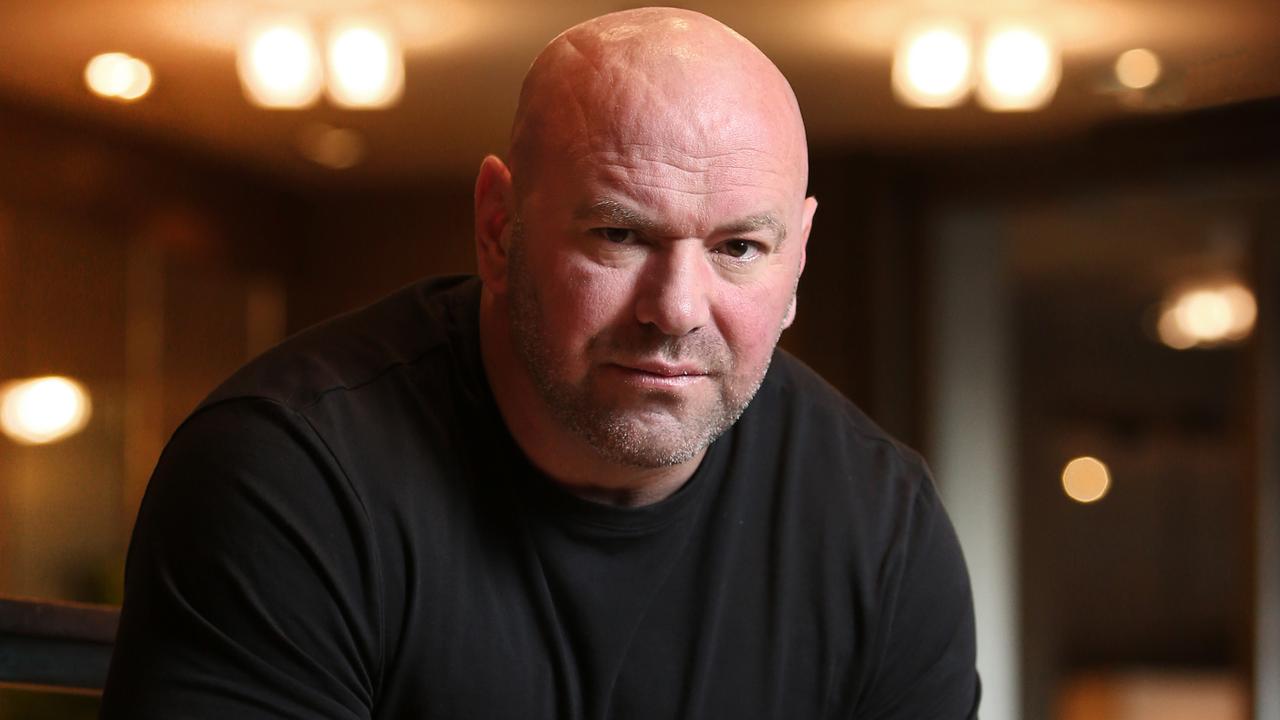 Do guys ever try to pick a fight with you? Does anybody say, “Hey, there’s the head of the UFC. That big guy. I can take him”?
Do guys ever try to pick a fight with you? Does anybody say, “Hey, there’s the head of the UFC. That big guy. I can take him”?
Nobody has ever tried. Probably one of the funniest things ever is I was at the Mirage Hotel [in Las Vegas] one day. I pulled up and parked in valet. I got out and walked into the hallway, and this guy runs up to me. He’s like, “Holy shit, Dana White. I’m the biggest fan ever.” He was going fucking crazy. He turns around and his wife is down the hallway. He goes, “Honey, look!” He points at me. The wife shrugs her shoulders and she goes, “Howie Mandel?” All of us old bald guys look alike. That’s the weirdest thing that’s ever happened to me with fan interactions. Other than that, everybody is awesome, cool, and great.
What would your fans be surprised to know about you?
Well, every day since they started school, I drive my kids to school. And you know what I love to do? On the weekends I go to the grocery store and buy groceries. I love going to the grocery store—which is weird, I guess. At the end of the day, I’m not mowing my fucking lawn or cleaning my pool or anything, but other than that I think I live a pretty normal life.
You had mentioned in the past that you’ve taken steroids when you were young. I know you don’t endorse them, but you haven’t quite condemned them maybe as harshly as some would think you should. What do you think about them and their role in sports? Is it really overblown?
I don’t think it’s overblown. Not in sports, but listen: When I took them in high school, we’re talking the late ’80s, and steroids were in a much different place back then than they are now. Pretty much everybody was doing them back then. Obviously, we’ve led the charge now in sports with our drug-testing program. But the big difference is that if you hit balls with a stick, who gives a shit what you’re doing? I couldn’t care less. But if you’re fighting another human being and you’re using a performance-enhancing drug, it’s dangerous.
Has there been a big steroid problem in the UFC?
I think there’s a big performance-enhancing drug problem in all sports. Everything became so gray. If you talk to four different experts about steroids, they would give you four different answers. You know what I mean? But it’s the right thing to do away with it. If you need TRT, you’re probably too fucking old to be fighting anymore, anyway. You should probably retire.
What keeps Dana White up at night?
Insomnia! I don’t know what it is specifically that keeps me up, but a lot of things. I lay in bed and I start thinking too much. It’s hard to go all day in building, and like I said, trying to take things to the next level and then shut it off at night when you go to bed. I try to lay in bed and watch…I try to watch stuff that doesn’t make me think. I’m a huge Family Guy and American Dad fan. I watch that shit. I try to laugh and not watch anything too serious. Then usually that helps me sleep a little bit.
Can you get by on very little sleep?
Yes, I can go on almost no sleep.
Do you have any regrets?
I honestly don’t think I have any regrets. I’ve spent as much time with my kids as is humanly possible while running my business and trying not to neglect either. I don’t know. I think in life, people always ask me about my legacy and how I want to be remembered and all this other stuff. I always say, “Listen, the only thing that matters if you’re a father and you have kids is when it’s all over and you’re lying there in that box, man, and your kids get up and your kids are like, ‘He was a great dad. He was a good dad. He was a great dad. He was this, that.’ ” If that wasn’t the case, that would be a massive regret.
.jpg) Life Beyond Sport magazine is a pioneering publication that breaks through the traditional barriers of men’s lifestyle magazines by smoothly combining a man’s love of sport with his passion for the finer things in life. The magazine contains a range of features, interviews and photo-shoots that provide an exclusive insight into the sportsman’s lifestyle. Only in Life Beyond Sport will you find the biggest names from the worlds of Football, Tennis, Formula 1, Golf, Polo and more.
Life Beyond Sport magazine is a pioneering publication that breaks through the traditional barriers of men’s lifestyle magazines by smoothly combining a man’s love of sport with his passion for the finer things in life. The magazine contains a range of features, interviews and photo-shoots that provide an exclusive insight into the sportsman’s lifestyle. Only in Life Beyond Sport will you find the biggest names from the worlds of Football, Tennis, Formula 1, Golf, Polo and more.